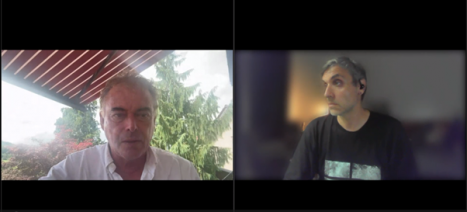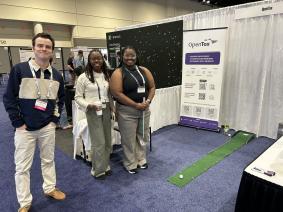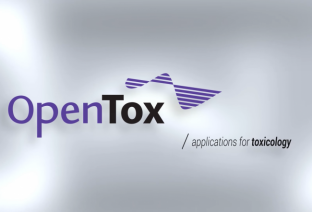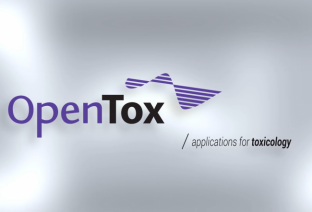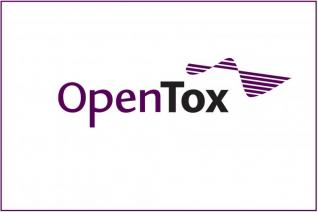Meetings in Tokyo and Japan
Late November and early December 2016 saw us organising an open science seminar in Tokyo, Japan (jointly with SBI), and a toxicology hackathon in Seoul, Korea (jointly with Hanyang university).
Open Science seminar in Tokyo
On Nov 28, we organised an open science seminar together with the Systems Biology Institute (SBI), with participants from academia, industry, as well as Tokyo’s bio-hacking community. The focus was on tools interoperability in biology, as well as the application of transcriptomics data to specific toxicological problems (WY-14643/pirinixic acid was introduced in depth by Yayoi Natsume-Kitatani). The afternoon passed quickly as people got to try our newly released analysis software on their own computers, which for us was also a nice way to test the new OpenTox integration of TG-GATES - a well-known Toxicological dataset - into the Garuda platform in the wild for the first time and get feedback.
Hackathon in Seoul
Together with professor Tae Hyun Yoon at Hanyang university, we organised a case-driven toxicology hackathon in Seoul on 5-6 December, only a week after the Tokyo event. Participants were graduate students and young researchers, who indeed brought a lot of energy to the problems being studied. After the OpenTox and Garuda software had been introduced, participants organised themselves into four teams: team Pathos, team Target, team AOP and team Predict. Problems studied ranged from explaining specific pathologies on a molecular level by using transcriptomics data to creating drug safety inference models.
In many cases the teams were able to come up with detailed explanations, which sometimes could be confirmed in literature. We were also fortunate to be able to get remote help with some harder problems from the DC science team in Europe and the US via video link. Of course, as often is the case with science, the projects ultimately raised more questions than they answered, leaving plenty of openings for future work, which will be continued in hackathons organized in USA, Europe and again in Asia.
At this hackathon we were once again able to test our newly developed software: the Open TG-GATEs API recently developed by Douglas Connect (most likely, the first public REST API for this well-known dataset) as well as GUIs for accessing this API (part of the Garuda platform, jointly developed with SBI/SBX). Other datasets being used included ToxCast/Tox21 and ToxRefDB. The participants pushed the software quite heavily, exposing some issues that our development team will be addressing in the near term, while also helping us validate that key features were functioning reliably.

